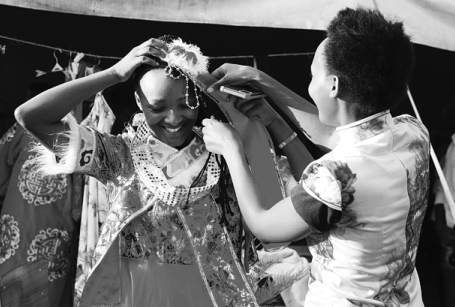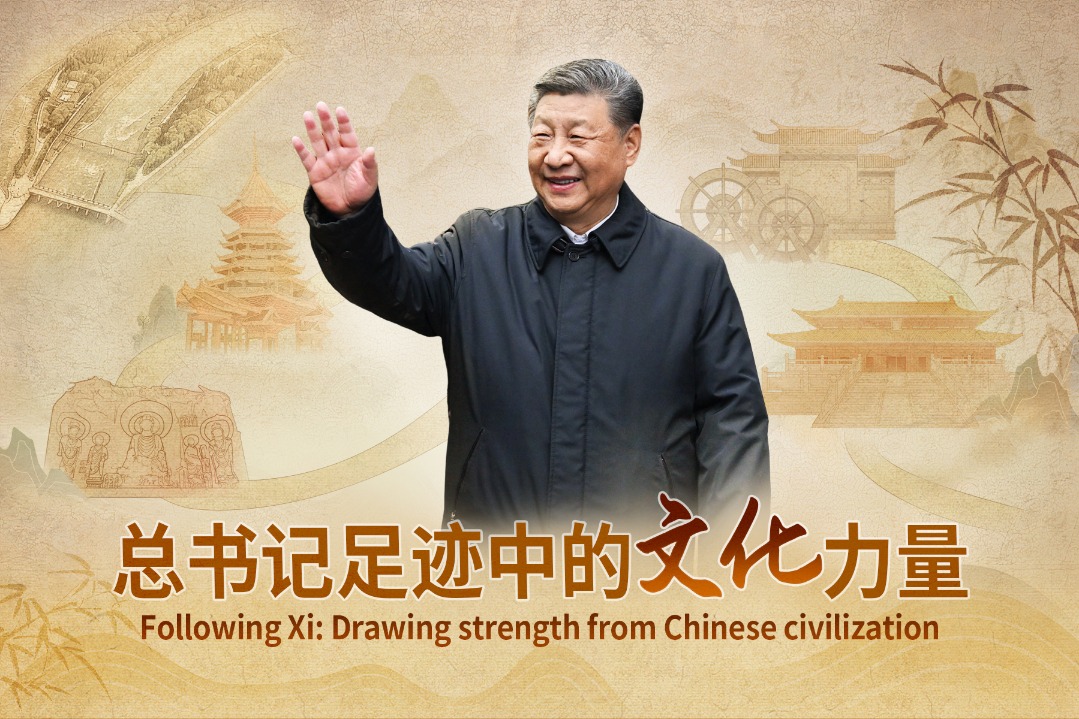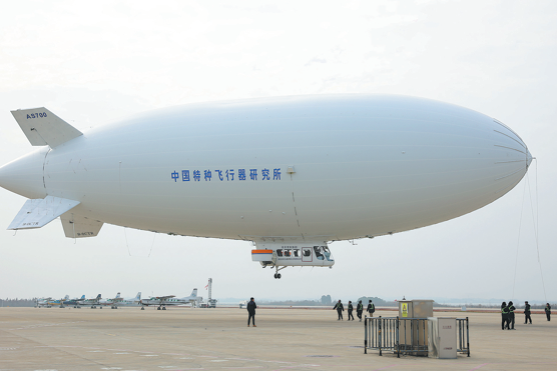Cultural event marks China-Rwanda relations

KIGALI-Sights that epitomize Chinese culture filled a students' hall during a recent exhibition at the University of Rwanda's College of Education Rukara campus, in eastern Rwanda.
The first to be organized outside the capital city Kigali, since the COVID-19 outbreak, the theme of this year's event was to experience Chinese culture as part of celebrations to mark the 50th anniversary of the establishment of diplomatic ties between China and Rwanda.
The event, organized by the Confucius Institute at the University of Rwanda, featured several opportunities for visitors to win prizes by taking part in Chinese cultural activities. Reciting poetry, speaking Mandarin, reproducing hanzi, or Chinese characters, tasting tea, wearing traditional costume, singing Chinese songs, performing traditional dance and creating art using traditional Chinese techniques were the highlights.
The event attracted students of all academic levels to practice speaking and writing in Chinese, and other people who wanted to learn more about Chinese culture.
Selected students introduced their fellow students to the various cultural aspects on display.
Students were first given a kung fu demonstration by young people from Chow Mantis Club from Nyamirambo in Kigali, and encouraged to take part in cultural challenges guided by other Chinese language students.
In the exhibition hall, Chinese costumes were one of the most eye-catching attractions at the cultural exhibition, where students took turns to try them on and pose for pictures.
"Yes, I'm excited to put on this Chinese attire," Concessa Mushimiyimana, a level-one mathematics, biology and education student, says, proudly showing off the outfit.
"Singing Chinese songs, dancing, kung fu, it was all exciting," she says, adding that she will start to take Chinese language lessons.
Alexis Kamukama, another student, says the exhibition shone light on various aspects of Chinese culture.
Speaking at the event, Florien Nsanganwimana, the acting principal of the University of Rwanda's College of Education, thanked the Chinese government for the good collaboration with the Rwandan government, without which, he said, the establishment of the Confucius Institute couldn't have been possible.
"Culture is something broad, entailing the whole life of the population. Each culture has something unique worth learning from. This exhibition event is therefore an opportunity to open our minds and give us exposure to Chinese culture. You can learn from their culture," he says.
The college's wish is to hold such exhibitions more regularly so that students can learn from them.
Nsanganwimana encourages more students to enroll for the free Chinese language lessons at the institute.
"The world is full of opportunities, you may need to travel to China for further studies or business. And language being a tool of communication, you will need it," he says.
Zhang Xiaohong, with the Chinese embassy in Rwanda, observes that the exhibition event is a chance to get a glimpse of Chinese language and culture.
"The friendship between countries lies in the affinity between the people. Our people-to-people exchanges have enormously expanded, and mutual learning of the two cultures has been greatly promoted," he says.
Language and culture, he adds, are the bridges of communication and catalyst of people-to-people exchanges.
Over the past half-century, Rwanda and China have fostered a multidimensional and full-fledged relationship.
Zhang underlines that, through Chinese language and culture, you can not only better connect with one fifth of the world's population living on another continent, but also grasp the latest news of the biggest developing country, and read into the country's 5,000 years of history.
"We have also seen many examples of Rwandan young people, who learned Chinese and studied in China, and made great contributions to the society of Rwanda," he says.
The relations in areas ranging from politics, trade and investment to infrastructure and education, have yielded remarkable results, according to the official, and the two countries are building a relationship of brotherhood.
Over the years, people-to-people exchanges have enormously expanded, with over 5,000 students enrolled at the Confucius Institute at the University of Rwanda, and more than 2,000 registered with the Rwanda Kung Fu Wushu Federation.
Noting that hundreds of Rwandan students receive scholarships to study in China every year, Zhang says a greater number of Chinese are beginning to learn about Rwanda and visit the country for sightseeing and business.
Zeng Guangyu, co-director of the Confucius Institute at the University of Rwanda, explains that the purpose of the activity was to get to know, understand and experience Chinese culture in different ways.
Students usually do not have the opportunity to focus on Chinese culture, so they are able to experience it by participating in the event, he adds.
Many of those taking part in the challenges have not learned Chinese; they were starting from scratch, according to Zeng.
Xinhua































